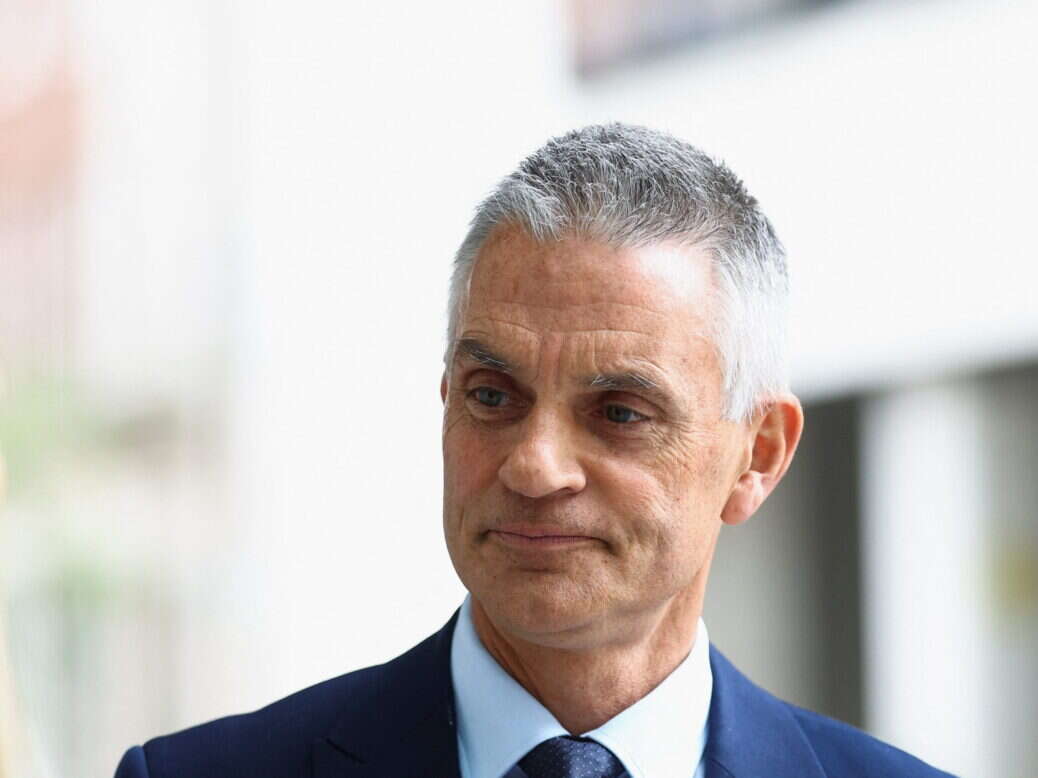
The BBC is planning to cut a further 500 jobs by March 2026 and has opened a round of voluntary redundancies amid “serious pressure” on its finances.
The BBC‘s public service headcount (so excluding those who working in the commercial side of the corporation) has already gone down by almost 10% in the past five years amid multiple rounds of cuts and the moving of resources from TV and radio to online.
As of 31 March, the BBC’s public service headcount was at 17,592 – a decrease of 0.5% compared to 2022/23. In 2018/19 the comparable figure was 19,231, a drop since then of 8.5%.
The BBC has reported revenue for the BBC Group (which includes commercial revenue) down 6% to £5.4bn for the year to 31 March 2024 with an operating deficit of £263m down from a deficit of £193m the year before. Licence fee income was £3.7bn, down 2% year-on-year (due to 500,000 fewer households paying).
The BBC has had two years of no increase to the licence fee (£169.50 per household), as set by the previous Government, despite high inflation. “In real terms, the licence fee generated 30% more income in 2010/11 than it does today – a difference of more than £1 billion a year,” the BBC annual report published on Tuesday said.
It added: “In December, the Government restored a link to inflation on the licence fee after two years of no increases. It certainly brought more financial certainty, but the rise was less than anticipated. It is an outcome that requires the BBC to make still further changes on top of the major savings we have already been delivering.”
BBC chief operating officer Leigh Tavaziva told a press briefing on Tuesday that the corporation is targeting a revenue growth rate of more than 5% a year for the next three years “to meet our strategic priorities”.
Announcing the planned job cuts and redundancy scheme, she said: “In March this year, we announced a requirement for an additional £200m of savings and reinvestment plans to drive the continued transformation of the BBC. This extends our current £500m target to £700m. This will support greater investment into premium video content and further developing our digital capabilities.
“We have already undertaken significant activity to create a simpler and more flexible organisation that is adapting to the changing media landscape.
“To further build our digital capabilities, whilst targeting efficiencies, over the next two years, we will continue to close and transfer roles in some areas and create new roles in growth areas. This will result in a forecast net reduction of 500 roles in the public service by March 26 with further growth in targeted areas planned in our commercial group.
“To support these changes, we will today be launching a new voluntary redundancy scheme for staff. Our priority remains to protect and champion the BBC’s vital role as the UK’s public service broadcaster.”
Director general Tim Davie said the 500 cuts will be a net reduction, meaning some jobs will be created as well as those cut. He declined to share any specifics about whether BBC News is likely to be hard hit.
The BBC’s cuts in recent years have included: more than 450 jobs in local radio, online and TV in England announced in 2022,
Tavaziva also said the BBC is “already well on the way to delivering the £500m savings and reinvestment plan we announced in May 2022. Careful cash management in the year retained public service cash reserves of £361m, providing headroom to implement and deliver the required savings to meet our funding projections.
“As we transform the BBC, we remain committed to a leaner, more efficient organisation. Our public service headcount continues to reduce, reflecting a 10% decrease in the last five years, a reduction of almost 2,000 roles.”
The BBC’s spending for on-air roles in its public service broadcasting remit (not including BBC Studios) was higher than the previous year, rising marginally from £139.7m to £140.1m.
More on-air presenters (meaning 80% or more of their responsibilities are on-air) earned between £150,000 and £500,000 this year – up from 87 people to 102.
For journalist roles, 46 people were paid more than £178,000 last year – led by Huw Edwards although he was off-air for most of the period. See Press Gazette’s full ranking of the highest-paid BBC journalists for 2023/24 here.
Email pged@pressgazette.co.uk to point out mistakes, provide story tips or send in a letter for publication on our "Letters Page" blog
